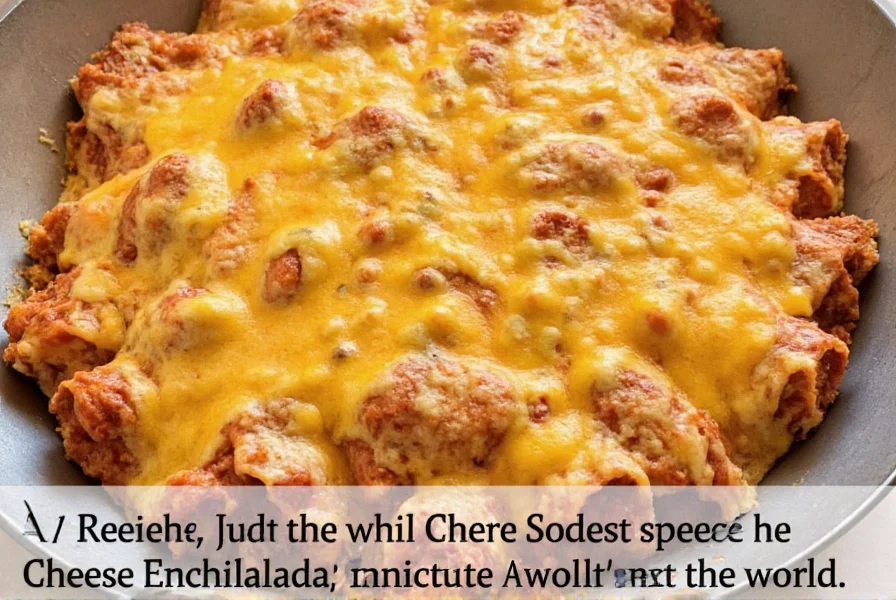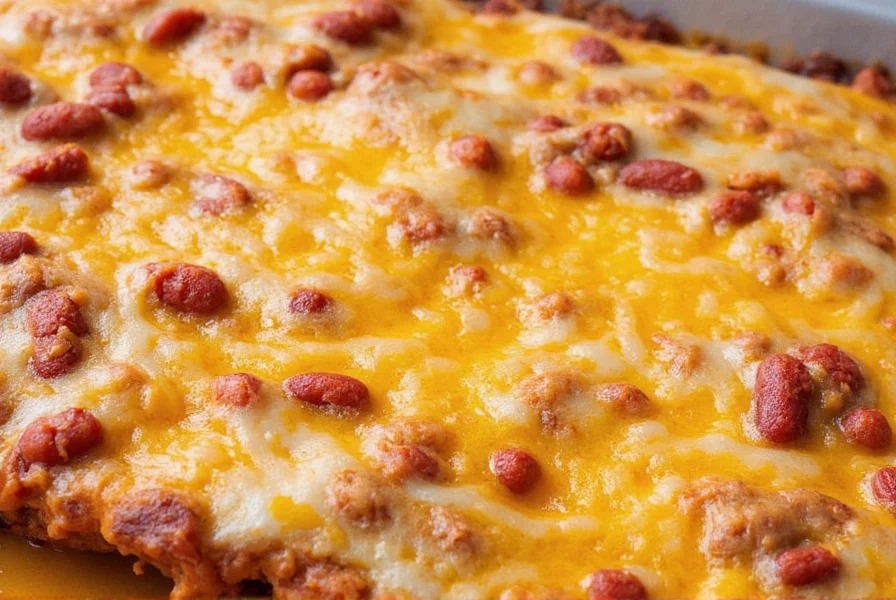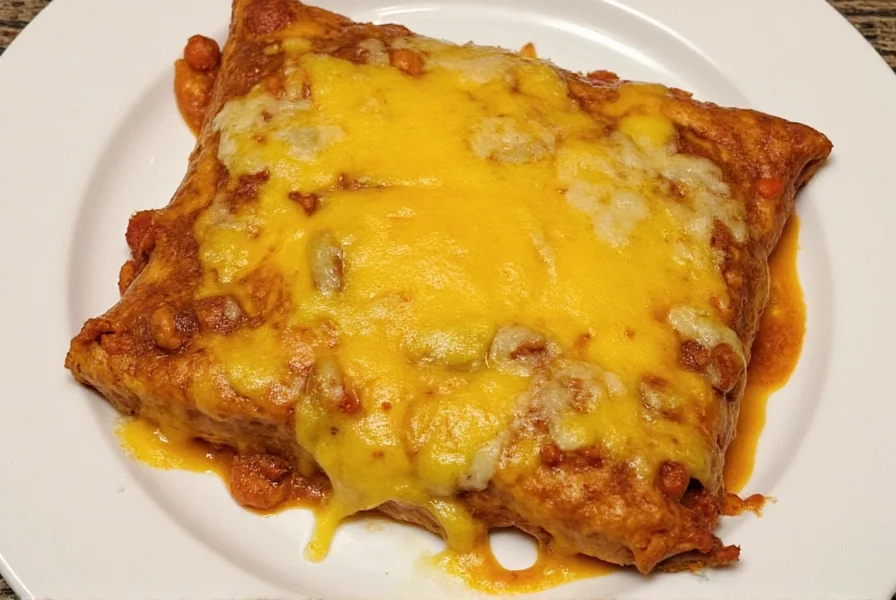A Spicy Journey: Exploring Chili Cheese Enchiladas Around the World
Chili cheese enchiladas are more than just a dish—they’re a global celebration of flavor, culture, and spice. From the bustling streets of Mexico to the cozy kitchens of the United States, these cheesy, spicy rolls have captured the hearts (and taste buds) of food lovers everywhere. In this article, we’ll dive into the world of chili cheese enchiladas, explore how they’re made across different cultures, and give you some practical tips for cooking them like a pro.
Table of Contents
- Introduction to Chili Cheese Enchiladas
- Global Traditions with a Spicy Twist
- Practical Tips for Making Perfect Chili Cheese Enchiladas
- Buying Guide: Essential Ingredients and Tools
- Conclusion
Introduction to Chili Cheese Enchiladas
At their core, chili cheese enchiladas are simple: tortillas filled with a mixture of cheese, spiced chili, and sometimes meat, then baked until bubbly and golden. But the beauty of this dish lies in its versatility. Different regions have their own unique takes on it, using local ingredients, spices, and cooking techniques to create something truly special.
Whether you're a seasoned chef or a casual foodie, there's always something new to discover when it comes to chili cheese enchiladas. They’re a perfect blend of comfort food and culinary adventure, and that’s exactly what makes them so appealing.

Global Traditions with a Spicy Twist
While chili cheese enchiladas may be most closely associated with Mexican cuisine, similar dishes exist in many other parts of the world. Let’s take a quick tour around the globe to see how different cultures embrace this spicy, cheesy delight.
Mexican Roots
Enchiladas originated in Mexico, where they were traditionally made with corn tortillas, red or green chili sauce, and a variety of fillings. The addition of cheese came later, especially in northern regions like Chihuahua and Sonora. Today, chili cheese enchiladas are a staple in many Mexican households and restaurants.
Tex-Mex Influence
When Mexican cuisine crossed the border into Texas and the U.S., it evolved into Tex-Mex. This fusion gave rise to dishes like chili cheese enchiladas, which often use flour tortillas instead of corn and include more cheese and beef. It’s a bold, hearty version that appeals to American palates.
South American Variations
In countries like Peru and Argentina, you might find similar dishes called “empanadas” or “tamales,” but they often feature different types of chilies and cheeses. For example, Peruvian “empanadas de queso” use a spicy pepper sauce and a gooey cheese filling, much like enchiladas.
Asian Adaptations
Even in Asia, chili cheese enchiladas have found their way into local cuisines. In Japan, for instance, you might see a version called “shokupan enchi,” which is a bread-based enchilada with a spicy tomato sauce and melted cheese. It’s a creative twist that highlights the dish’s adaptability.


Practical Tips for Making Perfect Chili Cheese Enchiladas
If you're looking to make your own chili cheese enchiladas at home, here are some expert tips to help you nail the recipe:
- Choose the Right Tortilla: Corn tortillas give a traditional, slightly nutty flavor, while flour tortillas are softer and hold more filling. Use whichever suits your taste.
- Make Your Own Chili Sauce: A homemade chili sauce with tomatoes, onions, garlic, and your favorite chilies will elevate the dish. If you're short on time, use a high-quality store-bought version.
- Use Fresh Cheese: Monterey jack, cheddar, or a blend of cheeses works best. Avoid pre-shredded cheese—it doesn’t melt as well.
- Layer Thoughtfully: Spread a layer of chili sauce on the bottom of your baking dish, add the enchiladas, and top with more sauce and cheese. This ensures every bite is flavorful.
- Bake Until Golden: A hot oven (around 375°F / 190°C) will give your enchiladas that perfect, bubbly finish. Don’t overbake—keep an eye on them.
- Add Toppings: Crushed tortilla chips, cilantro, avocado, or sour cream can add texture and freshness to your dish.
With these tips, you’ll be able to create a delicious, restaurant-quality meal in your own kitchen.
Buying Guide: Essential Ingredients and Tools
Whether you're making chili cheese enchiladas from scratch or using pre-made ingredients, choosing the right products can make all the difference. Here’s a guide to help you pick the best items:
1. Tortillas
- Product: Organic Corn Tortillas
Features: Made from 100% organic corn, no preservatives.
Advantages: Authentic flavor, soft texture.
Use Cases: Ideal for traditional enchiladas.
Target Audience: Health-conscious cooks and traditionalists.
Suitable Occasions: Weeknight dinners, family gatherings. - Product: Flour Tortillas
Features: Soft, pliable, and easy to roll.
Advantages: Great for holding more filling.
Use Cases: Tex-Mex style enchiladas.
Target Audience: Casual diners and those who prefer a lighter texture.
Suitable Occasions: Quick meals, parties, potlucks.
2. Chili Sauce
- Product: Homemade Chili Sauce
Features: Made with tomatoes, chilies, onions, and spices.
Advantages: Customizable, fresh flavor.
Use Cases: Any type of enchilada.
Target Audience: Home cooks who enjoy making their own sauces.
Suitable Occasions: Special occasions, dinner parties. - Product: Store-Bought Chili Sauce
Features: Ready-to-use, convenient.
Advantages: Saves time without sacrificing flavor.
Use Cases: Quick meals, busy weeknights.
Target Audience: Time-crunched cooks.
Suitable Occasions: Family dinners, weeknight meals.
3. Cheese
- Product: Monterey Jack Cheese
Features: Mild, creamy, and melts well.
Advantages: Adds a rich, gooey texture.
Use Cases: Classic chili cheese enchiladas.
Target Audience: Fans of classic Mexican flavors.
Suitable Occasions: Dinners, game days. - Product: Shredded Cheddar Cheese
Features: Sharp, tangy, and versatile.
Advantages: Adds depth of flavor.
Use Cases: Tex-Mex style enchiladas.
Target Audience: Those who love a bit of heat.
Suitable Occasions: Parties, casual meals.
4. Baking Dish
- Product: Glass Baking Dish
Features: Even heat distribution, easy to clean.
Advantages: Allows you to monitor the browning process.
Use Cases: Baking enchiladas, casseroles.
Target Audience: Home bakers and frequent cooks.
Suitable Occasions: Dinner nights, gatherings. - Product: Cast Iron Skillet
Features: Durable, retains heat well.
Advantages: Great for searing or baking.
Use Cases: Cooking enchiladas directly in the pan.
Target Audience: Outdoor enthusiasts and campers.
Suitable Occasions: Camping trips, backyard cookouts.
No matter which ingredients or tools you choose, the key is to focus on quality and freshness. A great chili cheese enchilada starts with the right components.
Conclusion
Chili cheese enchiladas are more than just a meal—they’re a window into the world of global spice traditions. Whether you're enjoying a traditional Mexican version, a Tex-Mex twist, or a fusion dish inspired by Asian flavors, there’s always something new to savor. With the right ingredients, a little practice, and a dash of creativity, you can bring the flavors of the world into your kitchen.
So next time you’re craving something spicy, cheesy, and satisfying, reach for a plate of chili cheese enchiladas. You won’t regret it.










 浙公网安备
33010002000092号
浙公网安备
33010002000092号 浙B2-20120091-4
浙B2-20120091-4